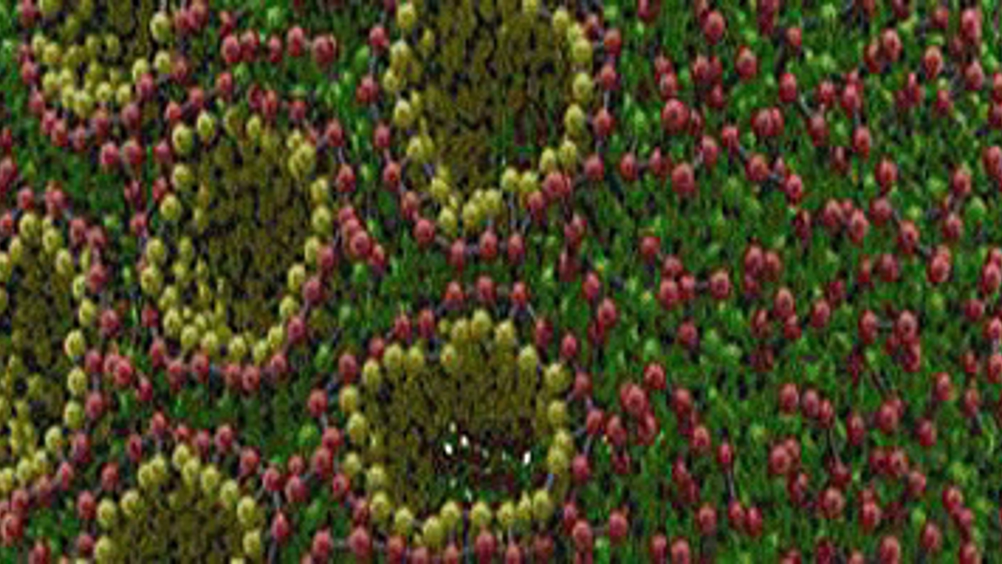Scientists work on biological cell-equivalent of computer
Scientists at Nottingham University are leading a research project to develop a biological cell-equivalent of a computer operating system.

Prof Natalio Krasnogor, who leads the Interdisciplinary Computing and Complex Systems Research Group, said: ’We are looking at creating a cell’s equivalent to a computer operating system in such a way that a given group of cells could be seamlessly re-programmed to perform any function without needing to modifying its hardware.’
The technology could accelerate synthetic biology research and development, which has been linked to myriad applications — from the creation of new sources of food and environmental solutions to medical breakthroughs such as drugs tailored to individual patients and the growth of organs for transplant patients.
’We are talking about a highly ambitious goal leading to a fundamental breakthrough that will ultimately, allow us to rapidly prototype, implement and deploy living entities that are completely new and do not appear in nature, adapting them so they perform new useful functions,’ said Krasnogor in a statement. ’Currently, each time we need a cell that will perform a certain new function we have to recreate it from scratch, which is a long and laborious process.’
Register now to continue reading
Thanks for visiting The Engineer. You’ve now reached your monthly limit of news stories. Register for free to unlock unlimited access to all of our news coverage, as well as premium content including opinion, in-depth features and special reports.
Benefits of registering
-
In-depth insights and coverage of key emerging trends
-
Unrestricted access to special reports throughout the year
-
Daily technology news delivered straight to your inbox










Apprenticeship Funding Cuts to Cost Employers £214m
I had no idea the taxpayer was funding such an advanced level of education. Certainly graduates and post-graduates don´t receive comparable financial...